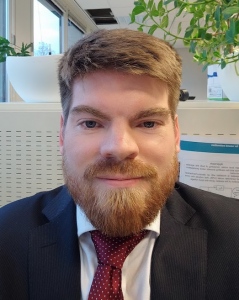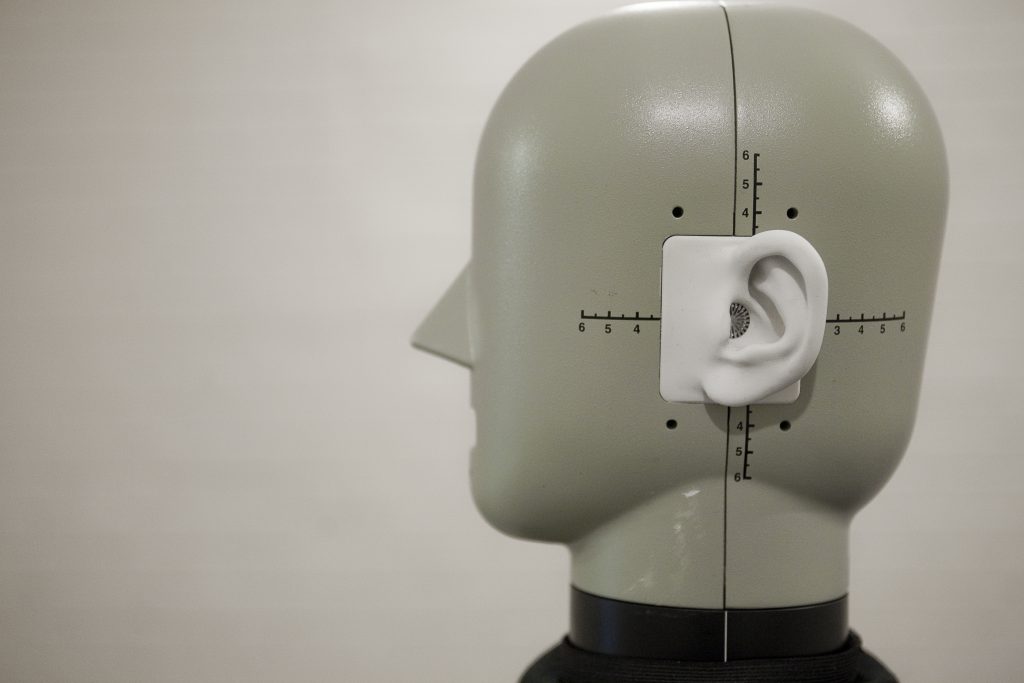Speaker: Sjoerd van Ophem, University of Southampton
Wed 30th April 12:00 – 13:00 UK time. This seminar will be held in person in Peel 109 and you can join us online via Microsoft Teams.

Abstract
The recent energy crisis in Europe has made it clear that we should transition to a more sustainable society in an accelerated pace. As indicated by recent reports of the WHO, environmental noise is an important societal health concern that negatively can impact sustainability, if not treated correctly. The sustainable design and monitoring of vehicles and machines is a difficult balancing act, since health, economic and environmental aspects have to be considered simultaneously.
The digital twin paradigm has the potential to aid us in finding the optimal balance for sustainability. By providing the digital twin with sensor data from the real system it can be used to for augmented monitoring, physics-guided testing or design of the real system. While vibro-acoustic finite element models have potential to be integrated into a digital twin, a major issue is the calculational complexity of these models. Properly designed reduced order models could alleviate these issues.
Therefore, in this seminar Krylov subspace based reduced order models are introduced for vibro-acoustic systems. We will focus on stability preservation in the time-domain, interior and exterior problems (infinite elements, PMLs) and how to deal with frequency dependencies in the time domain, such as impedance boundary conditions and porous materials. Furthermore, it will be shown how the resulting reduced order models can be implemented in a digital twin framework, paving the way for vibro-acoustic monitoring, testing and auralization. The seminar will conclude with several examples.
Biography
Dr. Sjoerd van Ophem studied Mechanical Engineering (BSc and MSc) at the University of Twente, the Netherlands, after which he pursued a PhD on noise and vibration at the KU Leuven, Belgium in the mecha(tro)nic system dynamics (LMSD) group. His PhD was funded through the MSCA FP7 project ANTARES, where he was part of a European consortium, working on smart structures. He obtained his PhD in 2019, titled “Novel reduction techniques for exterior vibro-acoustic models and their use in model-based sensing and identification”. After his PhD he continued as postdoctoral researcher within the LMSD group, being awarded with both a junior and senior FWO postdoctoral fellowship respectively, to work on vibro-acoustic digital twins. Throughout his research career, he collaborated with both external academic and industrial partners, such as Siemens, to balance curiosity-driven research with research valorisation. In August 2024 Sjoerd was appointed as lecturer at the Institute of Sound and Vibration Research, University of Southampton, as part of the Dynamics group.
